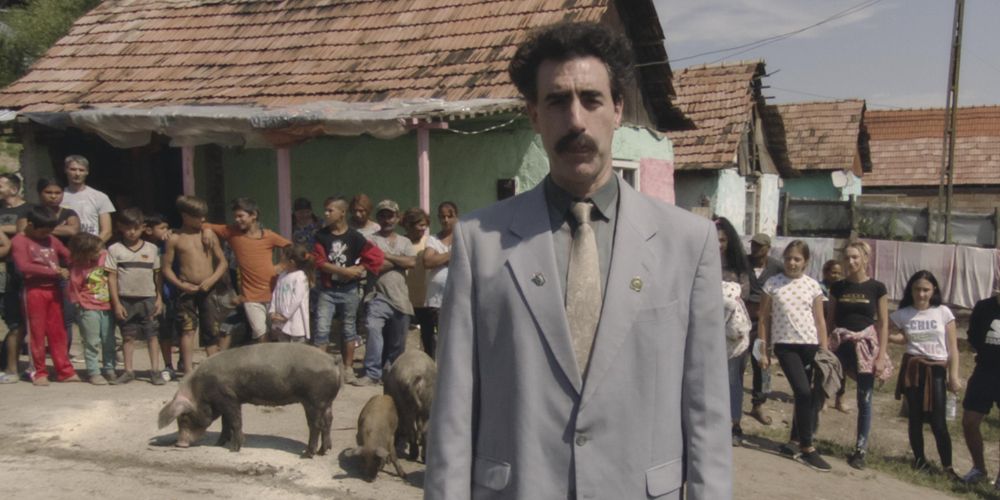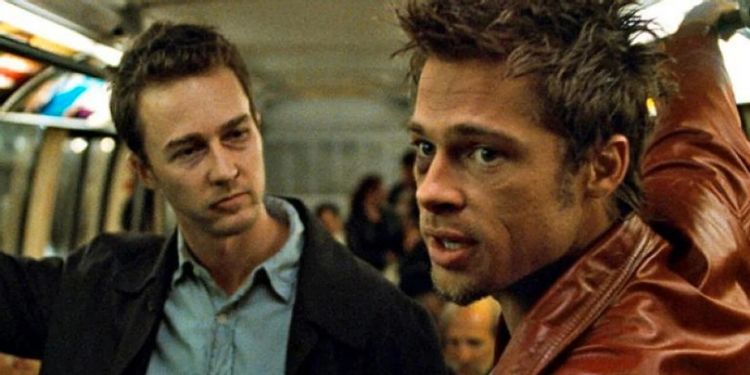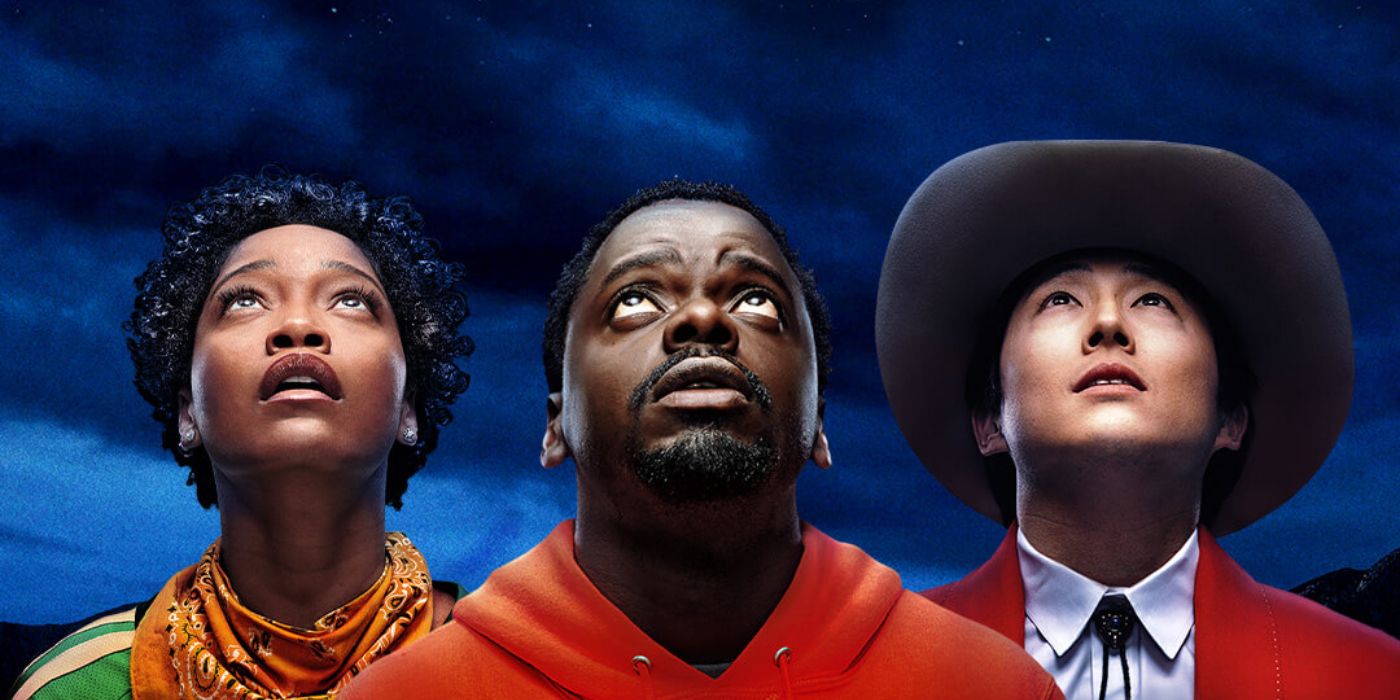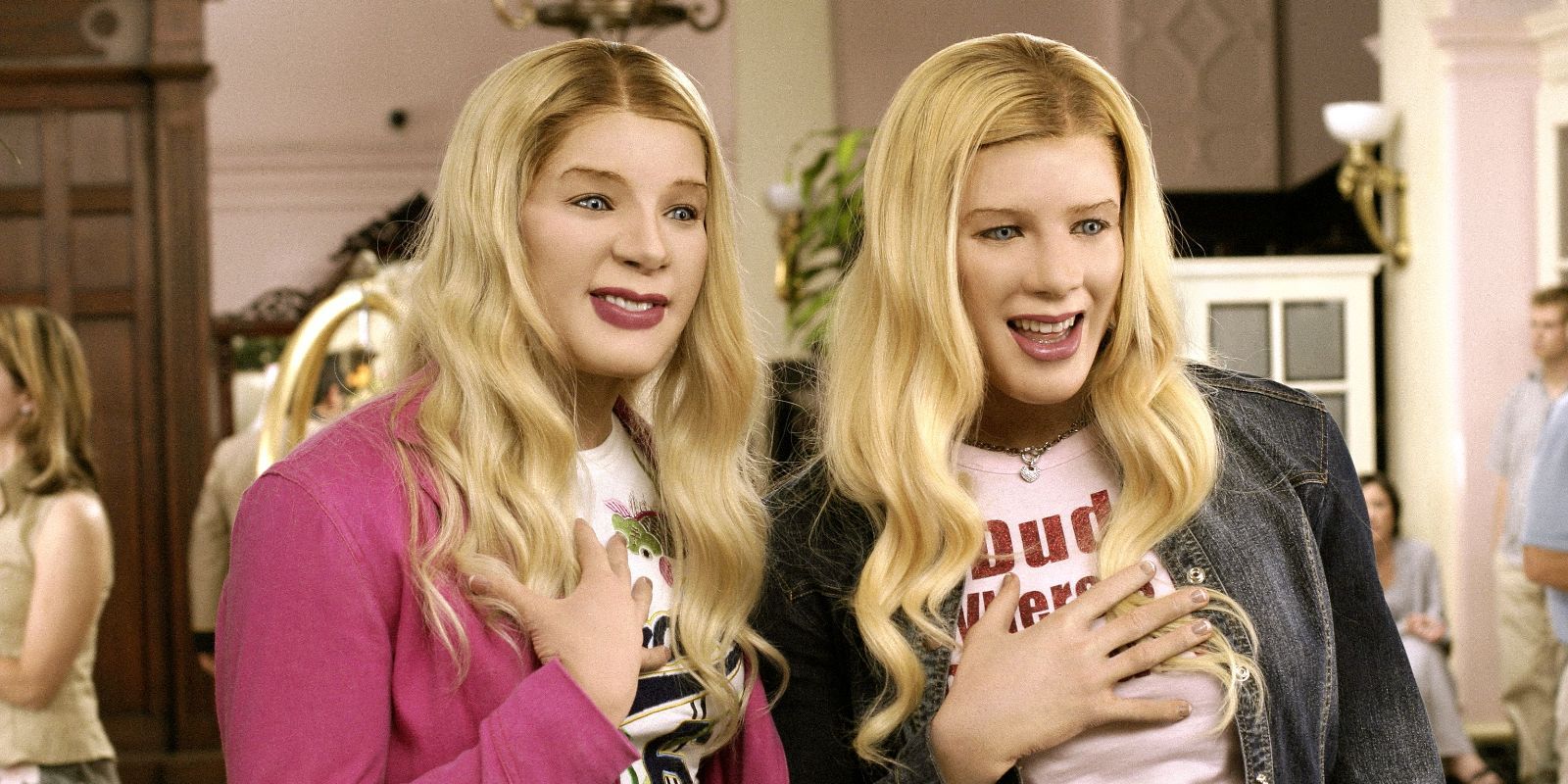Movies sometimes have strong messages with the commentary intentionally communicated through comedy or ridicule, which mostly takes the form of satire. Satire often mocks different topics; however, the way it’s presented is what differentiates it from other films with larger messages. For example, satire exaggerates characters or events that mock serious issues.
Some of the best movies ever released were satirical and intentionally sparked conversations about society. Satire does a great job at portraying societal, political and topical issues through a different lens. This can inspire change or at least acknowledge a society in dire need of a shake-up.
10 Sorry To Bother You Is A Racial Satire About White Privilege
The fantasy comedy Sorry To Bother You follows a black telemarketer, Cassius Green, who manages to climb up the corporate ladder after discovering a hidden ability. His hidden ability comes through as a 'white voice' that helps him sell, propelling him into top salesman status, even while his colleagues form a union to strike against the company.
The film satirizes corporate America and white privilege, commenting on capitalism and corporate greed. Cassius is stuck between benefiting from his 'white voice' while being a minority who started in the same spot as those in the union. It’s successful in providing social commentary and uses fantasy elements to portray money, success, and privilege as something magical.
9 Not Okay Satirizes The Performative Nature Of Gen Z
The social media dark comedy Not Okay focuses on Dani, a woman who conjures up a sophisticated lie in which she fakes a trip to Paris to gain a social media following. When tragedy strikes in Paris, Dani continues her lie in an effort to remain socially relevant.
The film depicts the current influencer wave and Gen Z culture. Its social commentary remarks on the way this generation craves fame through social media, even if it means profiting off tragic events. The film also satirizes trends in style, social interactions, and performative acts of empathy, which is something that's becoming common in today’s society – especially with the presence of social media platforms as a large media forum.
8 Legally Blonde Comments On Femininity And Its Association To Intelligence
While the Legally Blonde film is labeled as a romantic comedy, it should actually be considered a satirical film. The movie follows the character, Elle Woods, as she attends Harvard Law School to try and win back her ex-boyfriend.
It’s important to note that the film makes some obvious commentary on the stereotype surrounding Elle’s character. The dumb blonde stereotype is combated by making the character incredibly smart and resourceful. However, the satire goes further in the way femininity is portrayed and the way other characters, both male and female, associate it with a lack of intelligence. The film does well in presenting a character who embodies a feminine image while maintaining her intelligence and good nature.
7 Ingrid Goes West Exposes The Farce That Is Social Media
As far as the darker side of social media goes, the film Ingrid Goes West is a perfect example. The film follows a grief-stricken Ingrid, who, after losing her mother, falls into a pit on social media and becomes obsessed with a seemingly perfect woman living on the West Coast. The woman soon becomes friends with the relentless Ingrid, who does everything possible to insert herself into this woman’s life.
The film satirizes the distortion of social media. It shows the perfect life Ingrid wants to live whilst highlighting how it isn’t what it seems. Alongside the falseness of social media, the social commentary explores the effects it has on people's mental health.
6 Heathers Is A Teen Comedy Centered On Murder And Popularity
The cult classic Heathers follows high school student Veronica after she and her mysterious boyfriend, JD, accidentally kill the school’s queen bee, Heather. After making her death appear like a suicide, Veronica learns of JD’s sinister intentions to kill off classmates he dislikes.
The film pokes fun at the insignificant issues teenagers experience and combines them with dark and serious issues involving suicide, violence, and murder. The satirical elements in the film are present in the way the characters react to the death of their peers, treating it as secondary to other superficial issues. Suicide is glamorized as if it's a trend that would help characters fit in.
5 The Truman Show Makes Fun Of Reality TV
The Truman Show follows a man, Truman, who's unaware his life is being recorded and produced as a reality TV show. Once he becomes aware of the strange happenings around him, Truman escapes the false reality surrounding his entire existence.
The satire is entirely present in the protagonist’s life, which simulates the false nature of reality TV. The Truman Show comments on reality TV’s controlled environment alongside the idea that media controls a lot of what the public sees and feels. This is done in an exaggerated manner, where Truman is born and raised for the show and the producers control what influences him.
4 Borat Holds Up A Mirror To American Culture
The mockumentary-style film features a reporter who goes by the name of Borat. Originally from Kazakhstan, he travels to the United States with the intention of filming a documentary on the greatness of the US. Ridiculous hijinks ensue as Borat embarks on his journey, disturbing the peace and social nature of the country in an offensive way.
While many argue how Borat is incredibly offensive towards several groups of people, satire exists within that very portrayal. The film comments on the social culture of American values and uses its titular character to hold up a mirror to the worst parts of America – a country often praised for its greatness despite being incredibly racially and socially offensive to this day.
3 Fight Club Comments On Toxic Masculinity In A Capitalist Society
The 1999 film follows a man, simply known as the narrator, who's depressed and dealing with insomnia. After meeting a charismatic soap salesman, Tyler Durden, the two begin an underground club where men go to relieve their stress, worries, and dull lives through fighting.
Fight Club satirizes capitalism and toxic masculinity. Both ideas are explored in the film through the narrator’s inability to keep himself happy, even with material goods, and his inability to show emotion in a world that scolds men for lacking masculine behaviors. The character of Tyler embodies what the narrator wishes he can be, but also shows toxic masculinity as being a poison of internalization, which is relatable to many people.
2 Nope Satirizes The Glamorization Of Trauma
The sci-fi horror film Nope follows siblings, OJ and Em Haywood, as they try to capture an alien on camera after discovering its presence over their horse ranch. The film also follows other characters in proximity to the Haywoods once they discover the existence of the alien.
Jordan Peele is noted for including social commentary in his films, and Nope is no different. The film is a satire that focuses on the spectacle of dangerous traumatic events. In their own way, each character tries to capture the alien instead of protecting themselves, which speaks to a generation who constantly documents anything and everything, even if it means putting their lives at risk.
1 White Chicks Pokes Fun At The History Of Black Face
After a failed drug bust, FBI agents and brothers, Marcus and Kevin, are forced to escort two rich socialites to The Hamptons to keep them safe from a string of high-profile kidnappings. After a minor accident, the two white women refuse to attend any events, leading the two black men to impersonate the women for fear of losing their jobs.
A cult classic, White Chicks' most prevalent satirical take includes race and appropriation. Oftentimes, the brothers face microaggressions while they're dressed as white women, all while appropriating white culture. The men also exaggerate mannerisms and characteristics that are predominantly white and treat whiteness as a caricature with their costumes as a way to comment on black face.

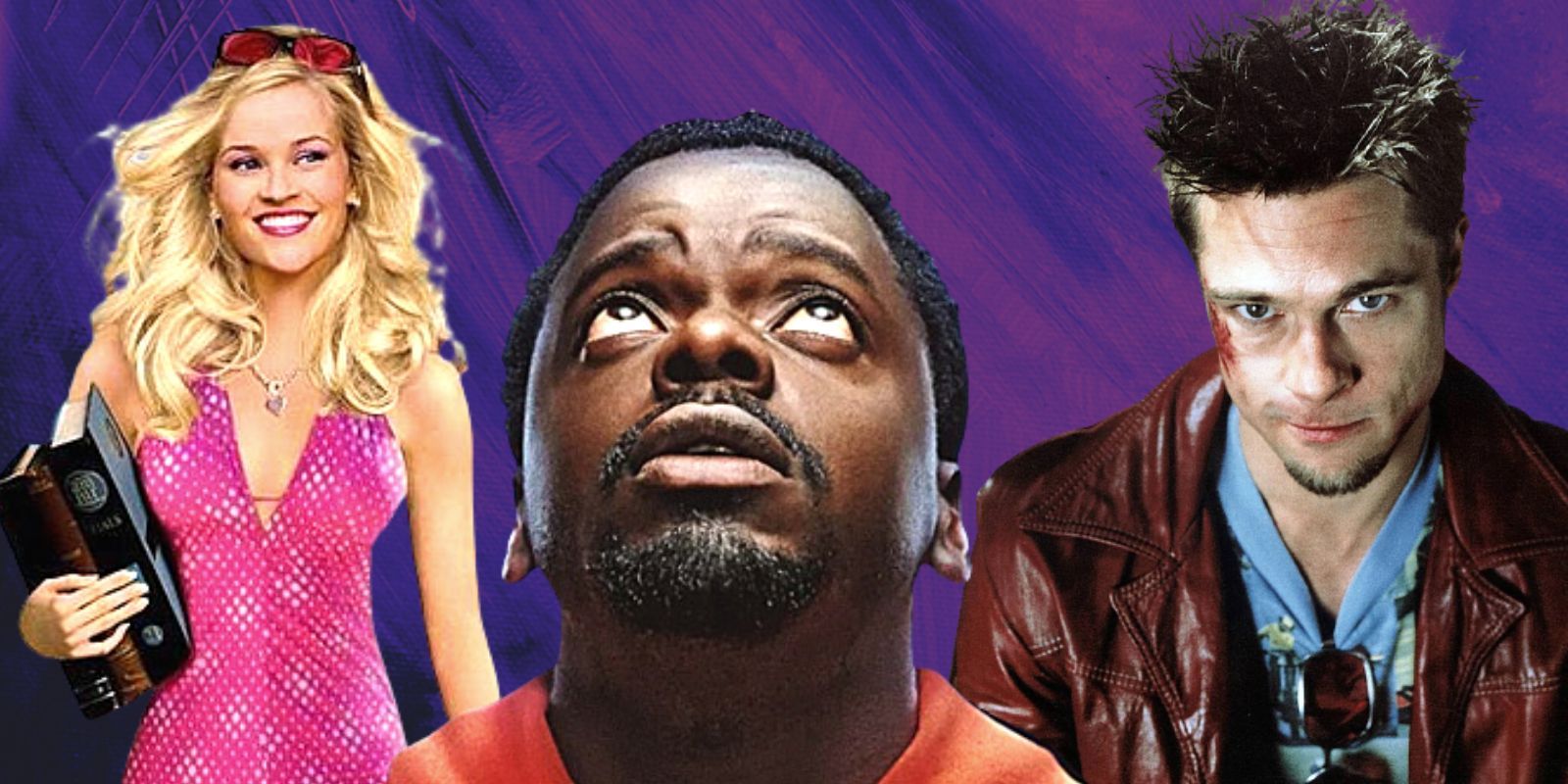
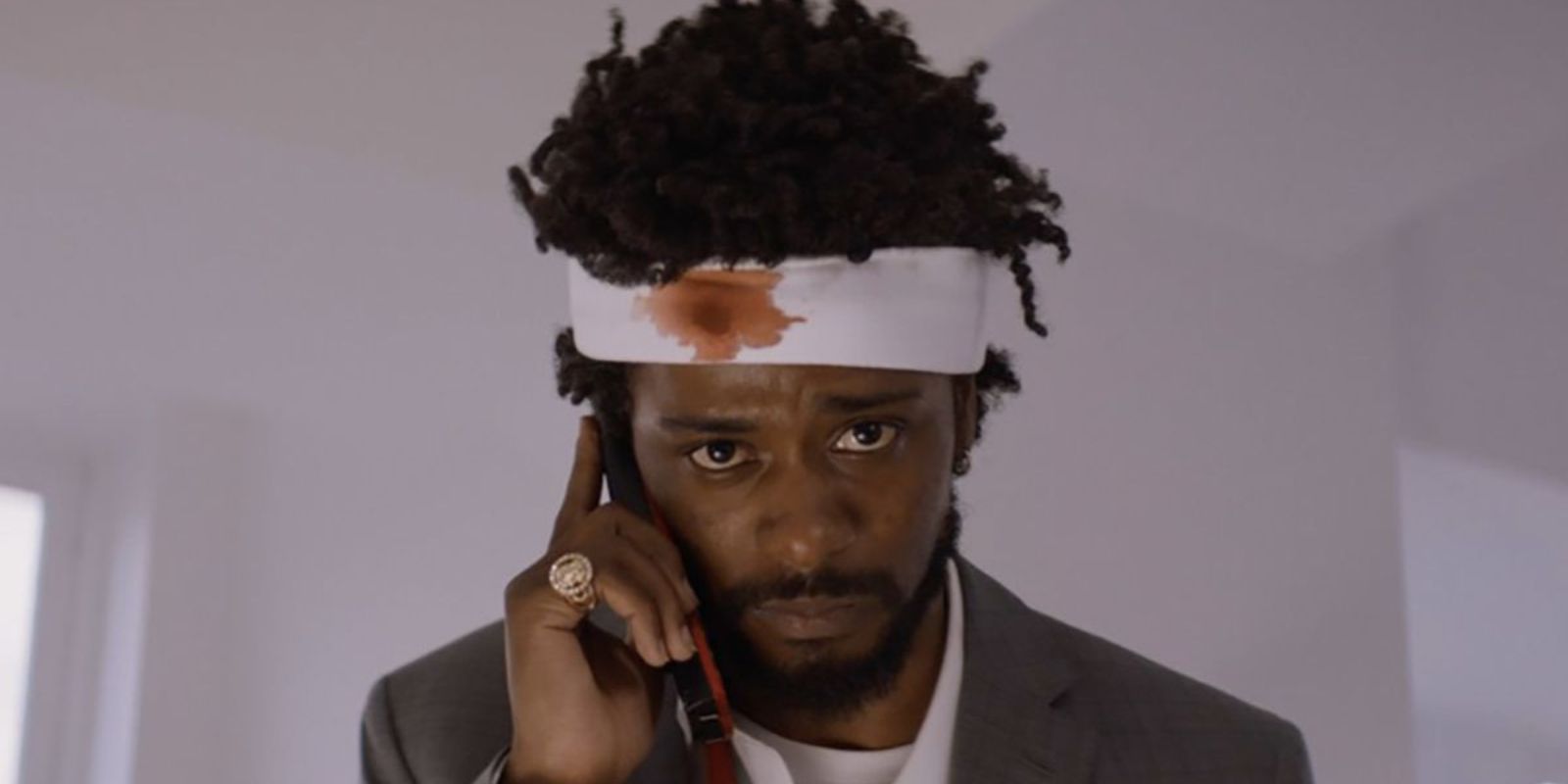
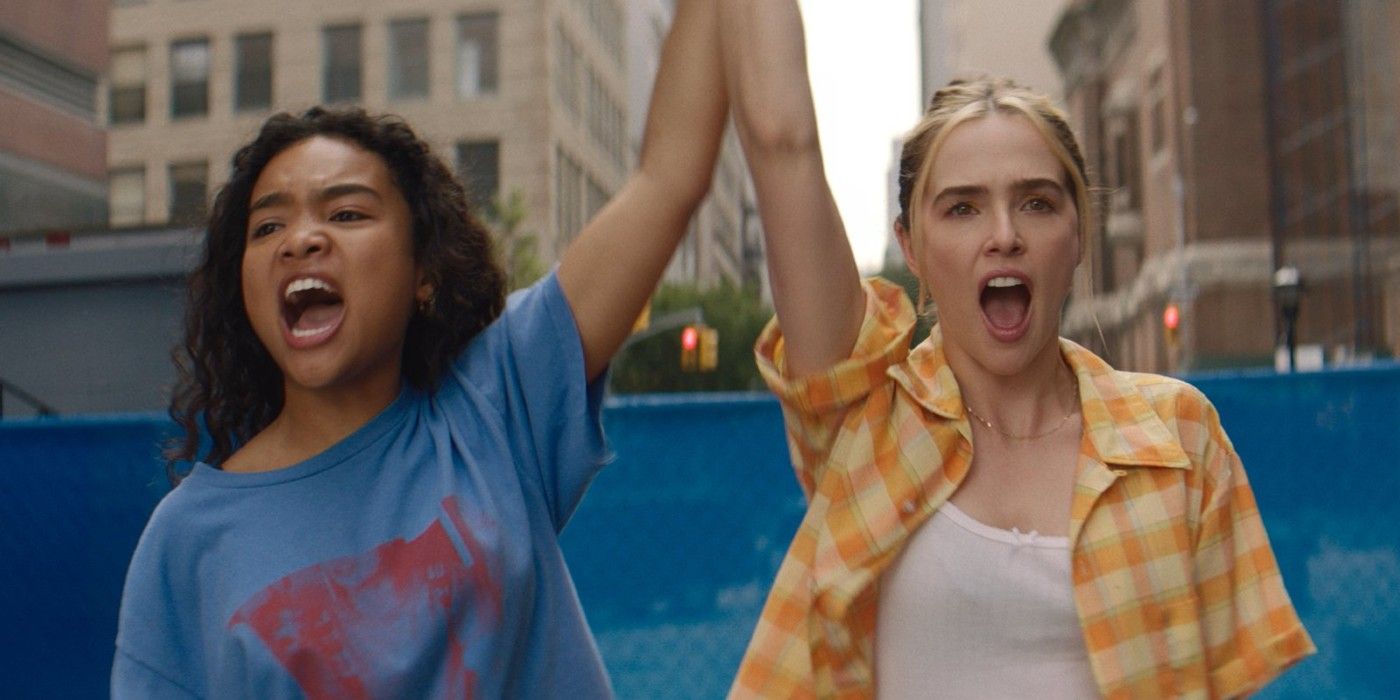

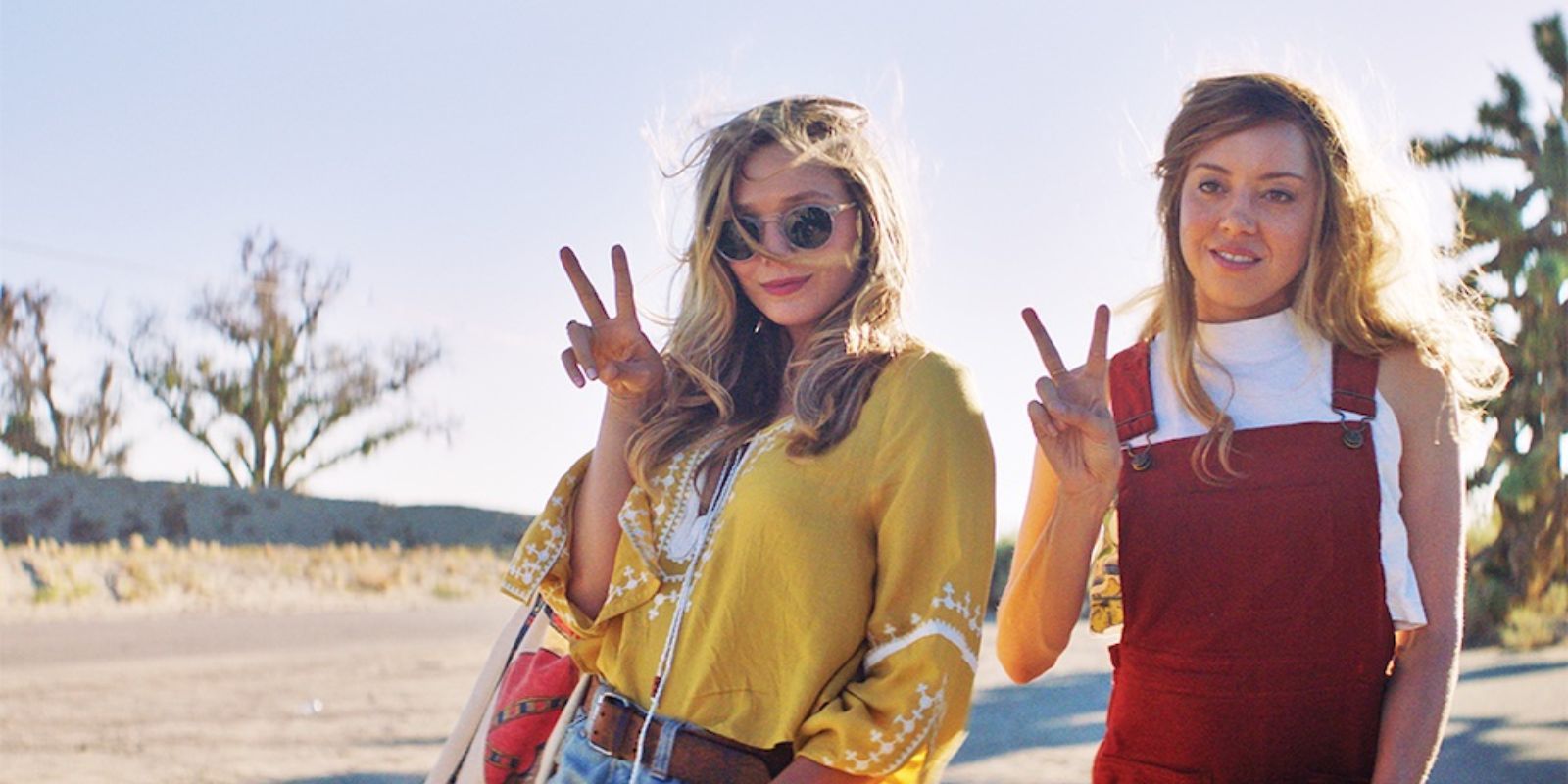
.jpg)
.jpeg)
